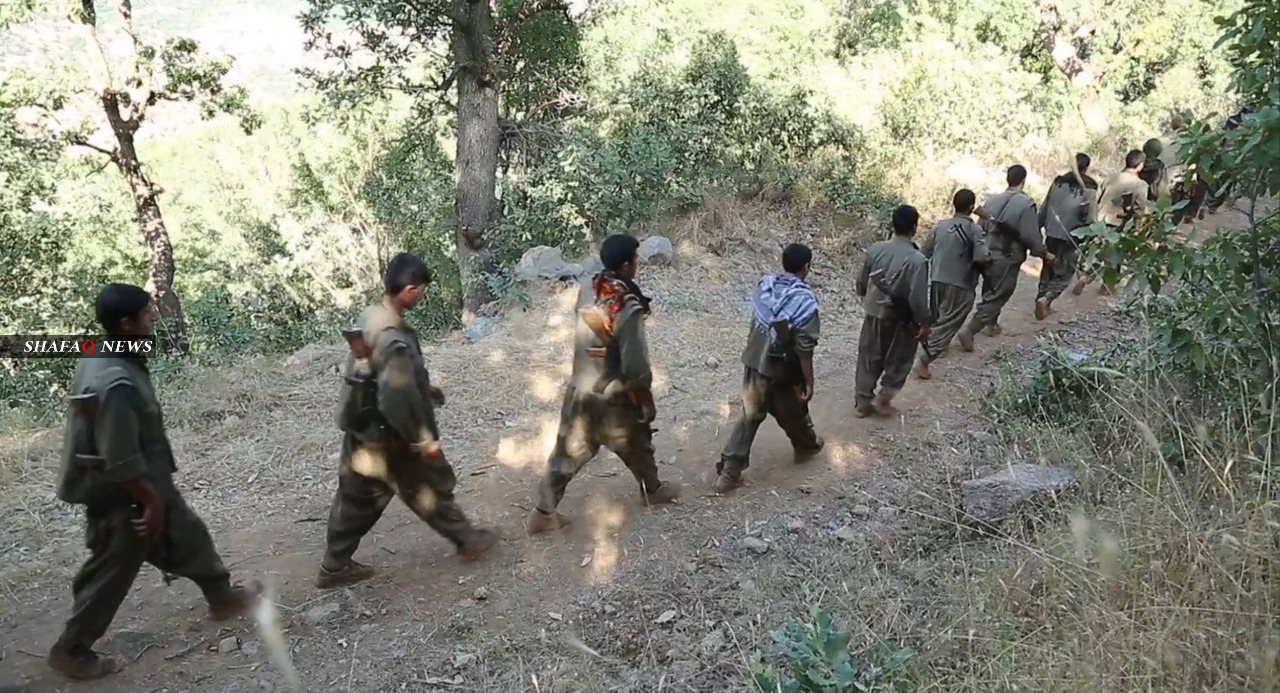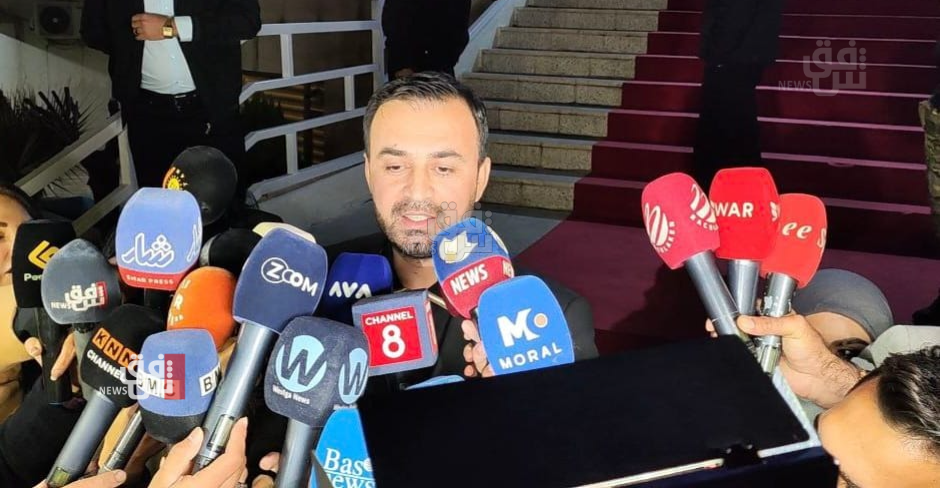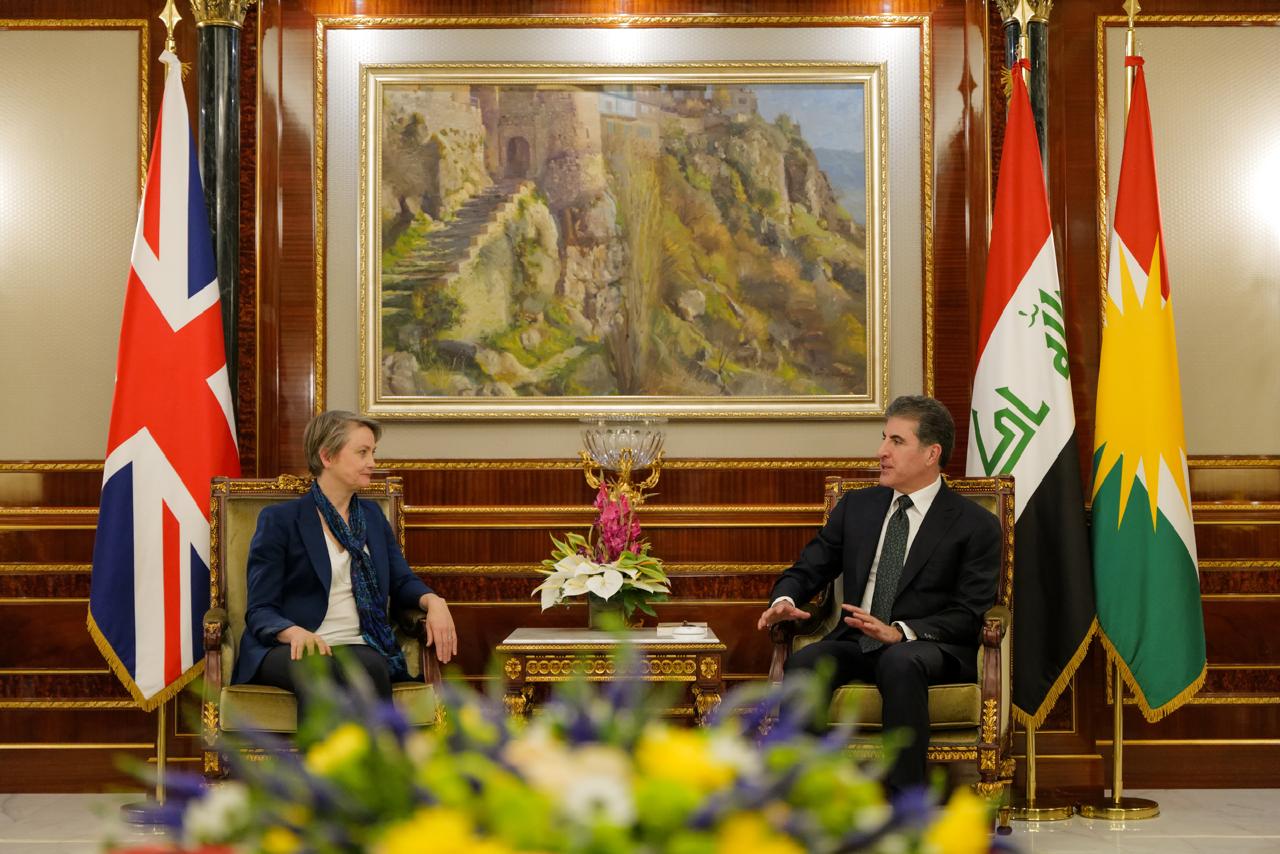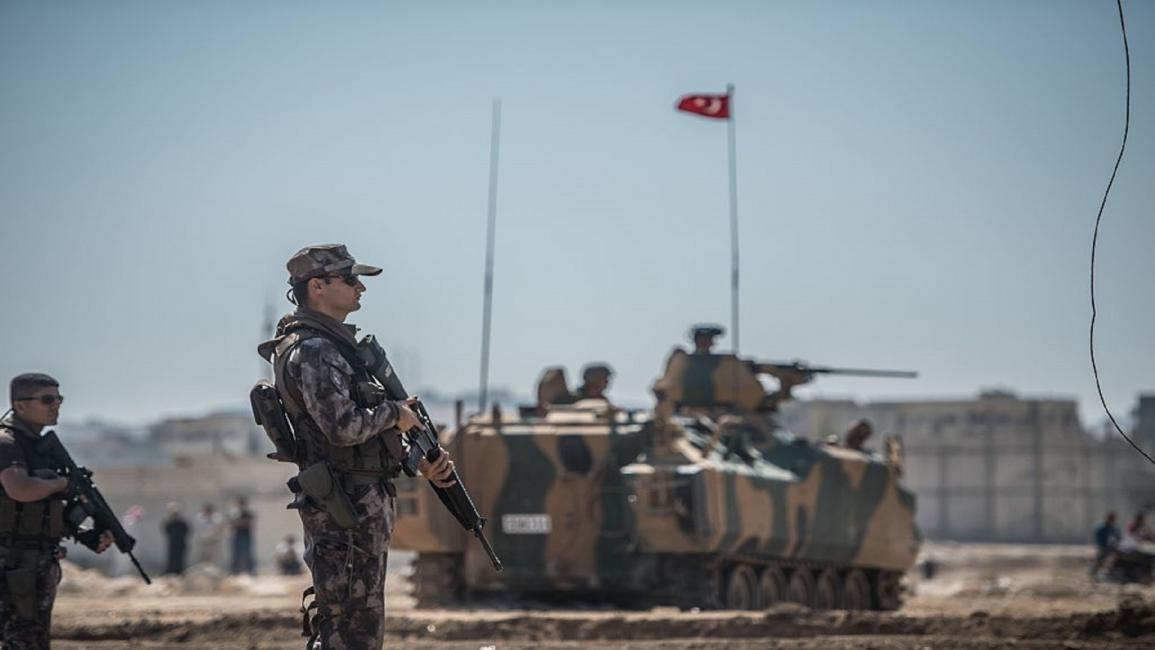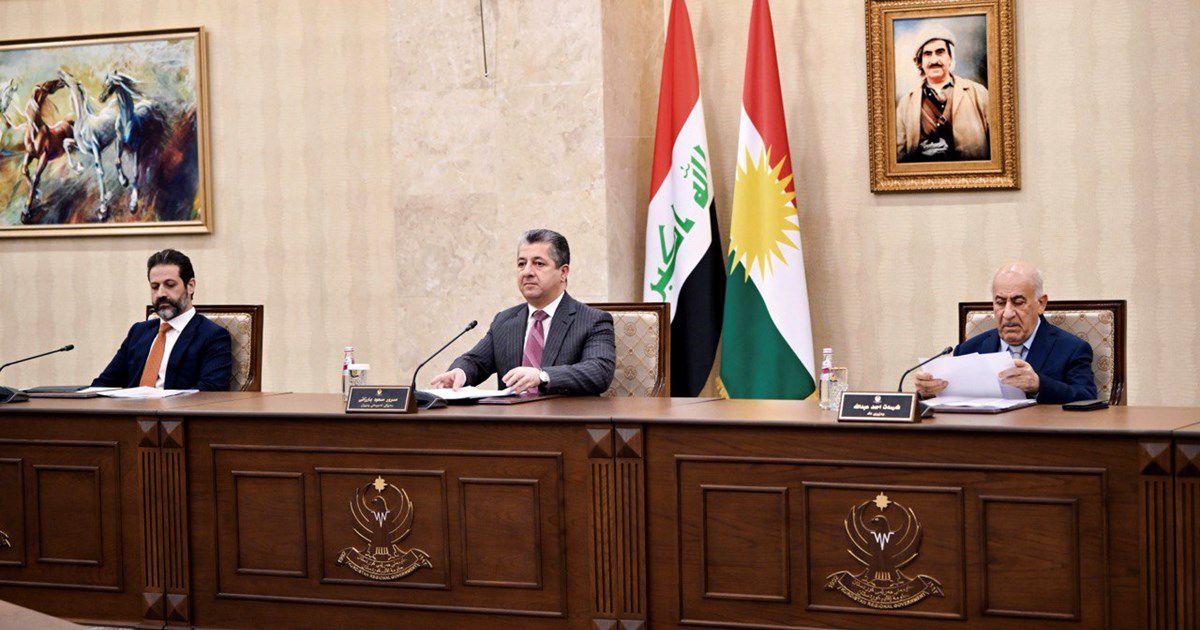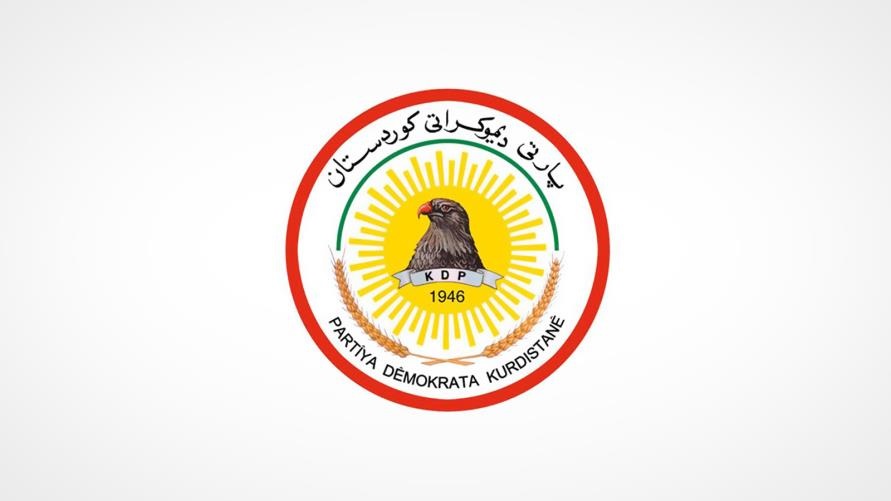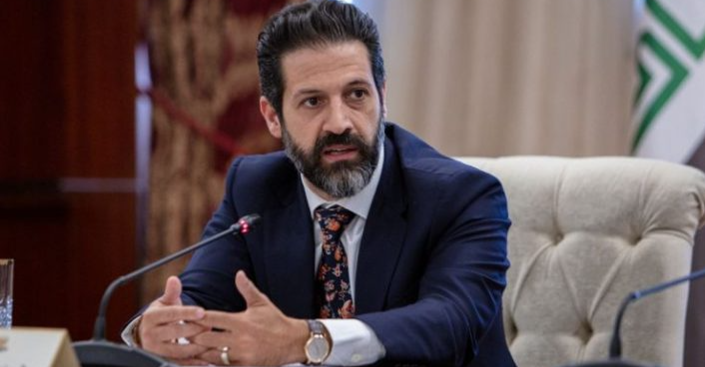Kurdistan's interior minister, Iraqi national security adviser visit sites of Iranian missile attack on Erbil
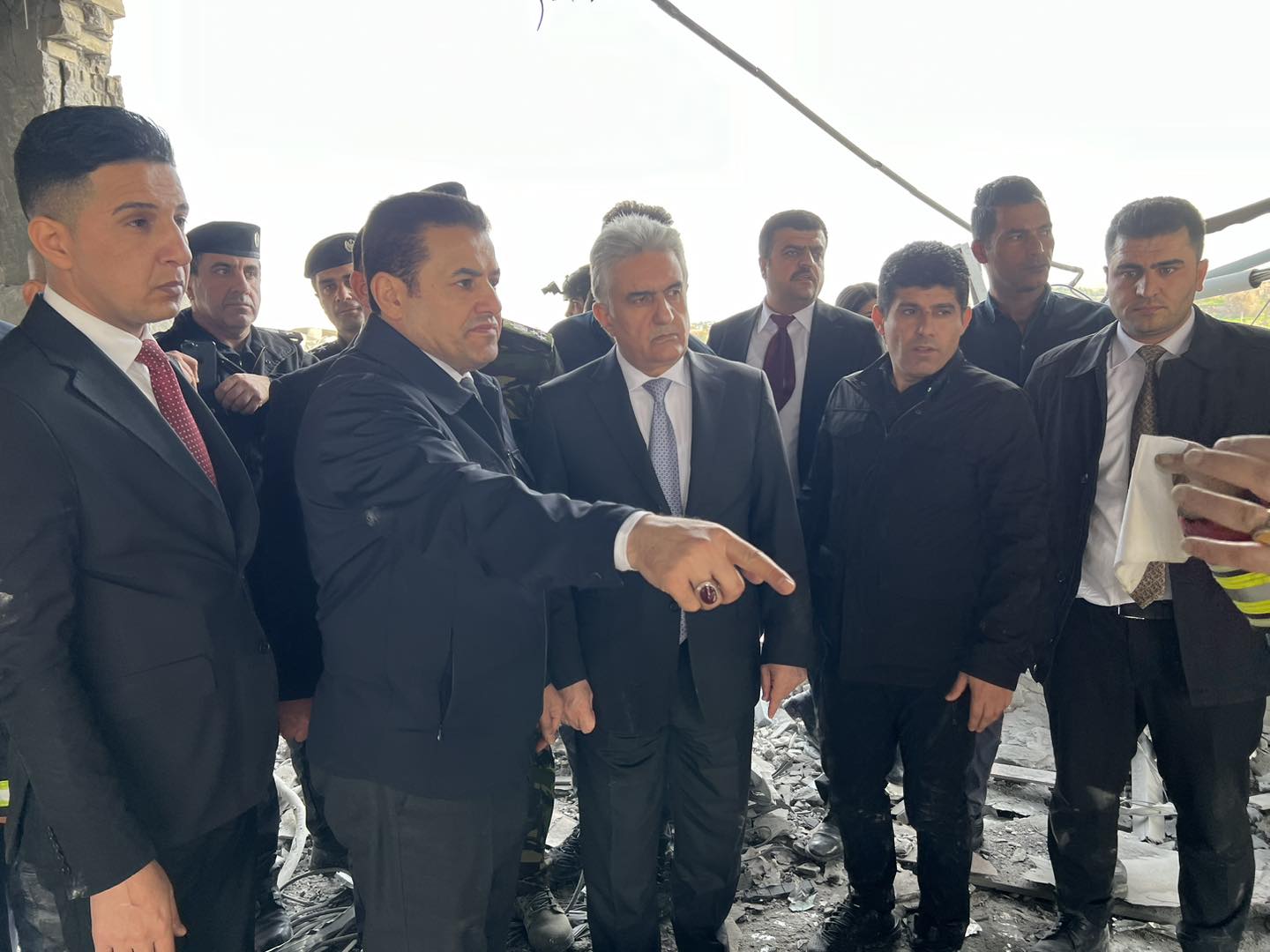
Shafaq News/ The interior minister of Iraq's Kurdistan region, Rebar Ahmed, and Iraq's national security adviser, Qasim al-Araji, visited the sites stuck by Iranian missile attack near Erbil last night.
The attack killed four civilians and injured six others.
Ahmed told reporters that the attack was "a violation of Iraqi sovereignty and a crime against humanity." He called on the Iraqi government, the international community, and the United Nations Security Council to take action to prevent further attacks.
Al-Araji said that the Iraqi government was committed to protecting the people of the Kurdish region. He said that the committee of inquiry he was leading would investigate the attack and hold those responsible accountable.
Earlier today, Iraq's Foreign Ministry on Tuesday summoned its ambassador to Tehran.
The ministry said in a statement that the attack, which occurred overnight, was a "violation of Iraqi sovereignty" and that it had "strongly condemned" the attack.
The statement said the attack had caused "damage to civilian property and infrastructure" and that there were reports of casualties.
Yesterday, Iran's Revolutionary Guards said they attacked the spy headquarters of Israel in Iraq's semi-autonomous Kurdistan region, state media reported.
The strikes come amid concerns about the escalation of a conflict that has spread through the Middle East since the war between Israel and Palestinian Islamist group Hamas began on Oct. 7, with Iran's allies also entering the fray from Lebanon, Syria, Iraq and Yemen.
"In response to the recent atrocities of the Zionist regime, causing the killing of commanders of the Guards and the Axis of Resistance ... one of the main Mossad espionage headquarters in Iraq's Kurdistan region was destroyed with ballistic missiles," the Guards said in a statement.
In addition to the strikes at northeast of Kurdistan's capital Erbil in a residential area near the U.S. consulate, the Guards said they "fired a number of ballistic missiles in Syria and destroyed the perpetrators of terrorist operations" in Iran, including the Islamic State.
Islamic State claimed responsibility for two explosions in Iran this month that killed nearly 100 people and wounded scores at a memorial for top commander Qassem Soleimani.
Iran had already vowed revenge for the killing of three members of the Guards in Syria last month, including a senior Guards commander, who had served as military advisers there.
While recalling its envoy from Tehran, Iraq summoned Iran's charge d'affaires in Baghdad to protest against the strikes, the foreign ministry said. It said Baghdad would take all legal measures against what it called a violation of Iraq's sovereignty.
The U.S. State Department condemned the attacks near Erbil, calling them "reckless", but officials said no U.S. facilities were targeted and there were no U.S. casualties.
"The United States supports the sovereignty, independence, and territorial integrity of Iraq," Adrienne Watson, spokesperson for the White House National Security Council, said in the statement.
Iran, which supports Hamas in its war with Israel, accuses the United States of backing what it calls Israeli crimes in Gaza. The U.S. has said it backs Israel in its campaign but has raised concerns about the number of Palestinian civilians killed.
Prime Minister Masrour Barzani condemned the attack on Erbil as a "crime against the Kurdish people".
At least four civilians were killed and six injured in the strikes, the Kurdistan government's security council said.
Multimillionaire Kurdish businessman Peshraw Dizayee and several members of his family were among the dead, killed when at least one rocket crashed into their home, Iraqi security and medical sources said.
Dizayee, who was close to the ruling Barzani clan, owned businesses that led major real estate projects in Kurdistan.
Additionally, one rocket had fallen on the house of a senior Kurdish intelligence official and another on a Kurdish intelligence centre and air traffic at Erbil airport was halted, the security sources said.
Iran has in the past carried out strikes in Iraq's Kurdistan region, saying the area is used as a staging ground for Iranian separatist groups as well as agents of its arch-foe Israel.

